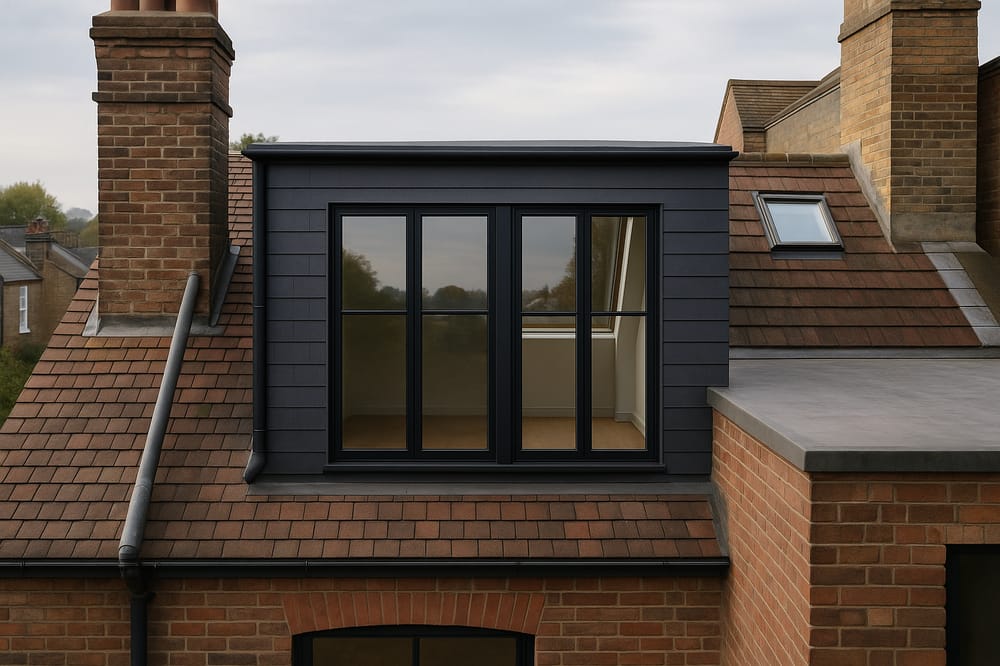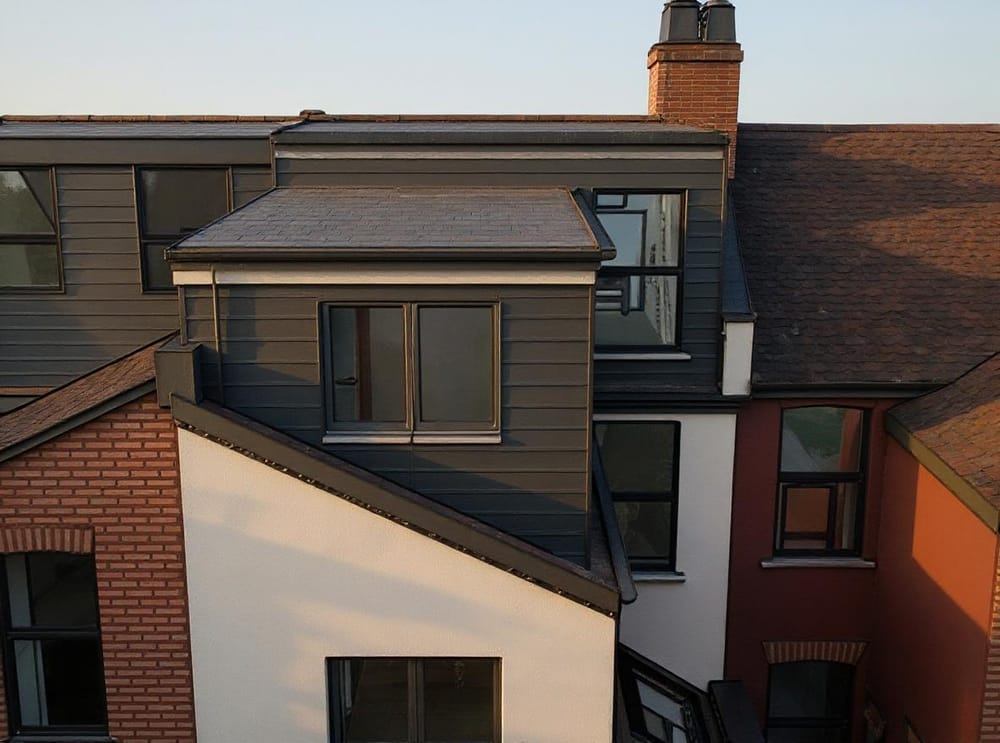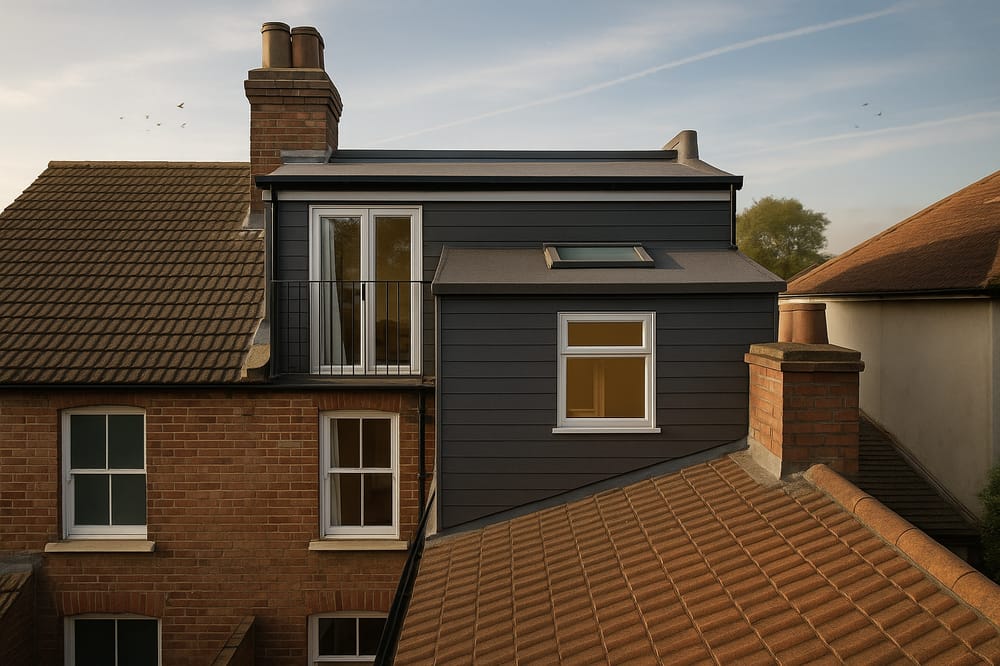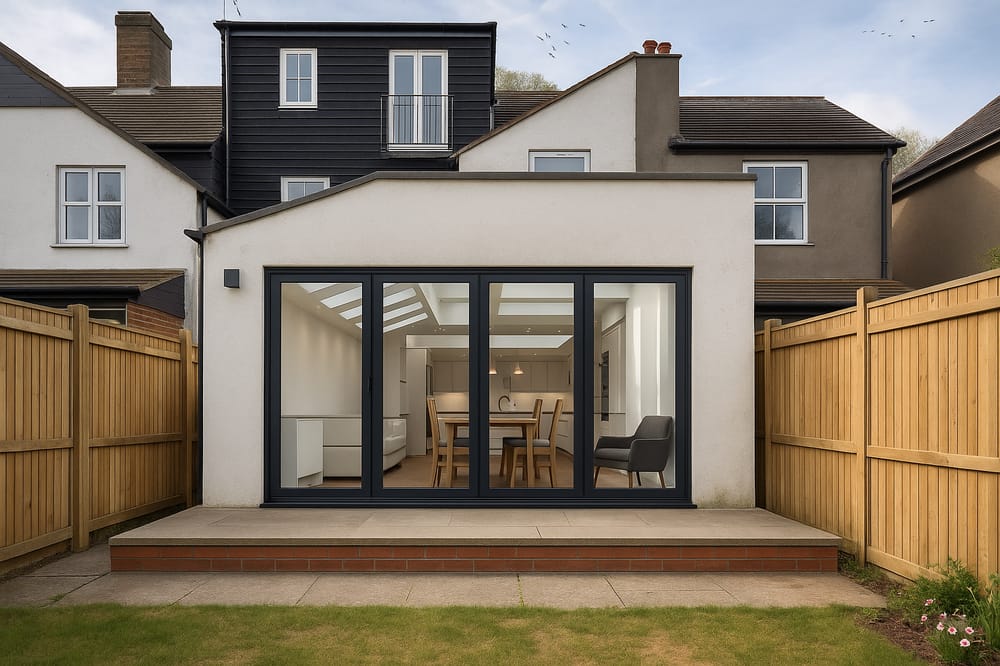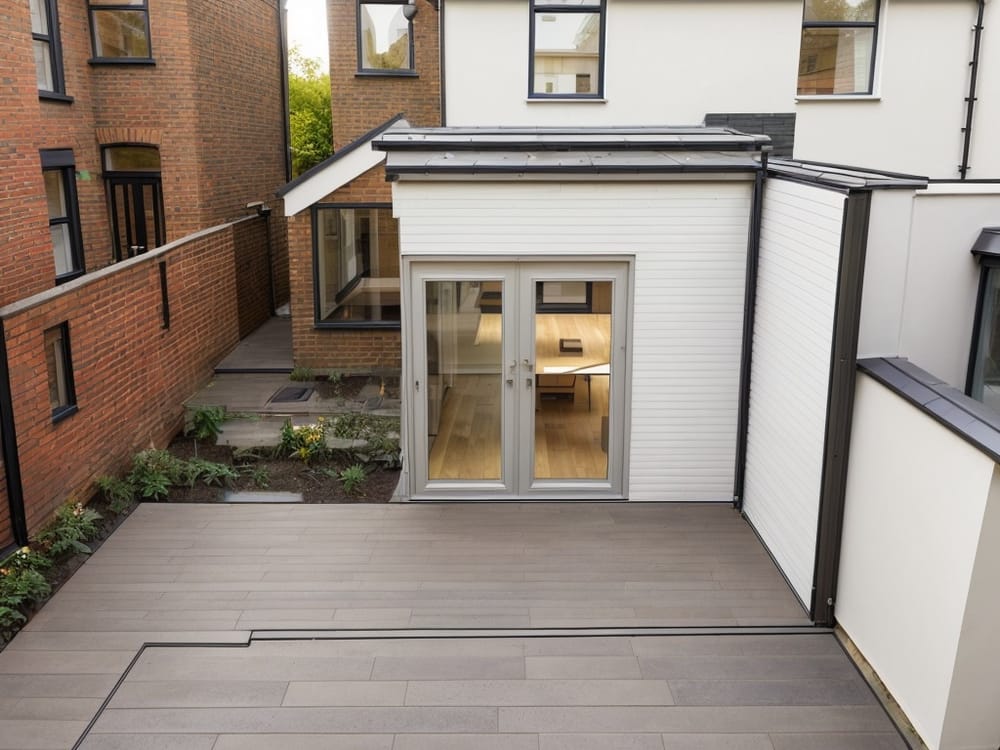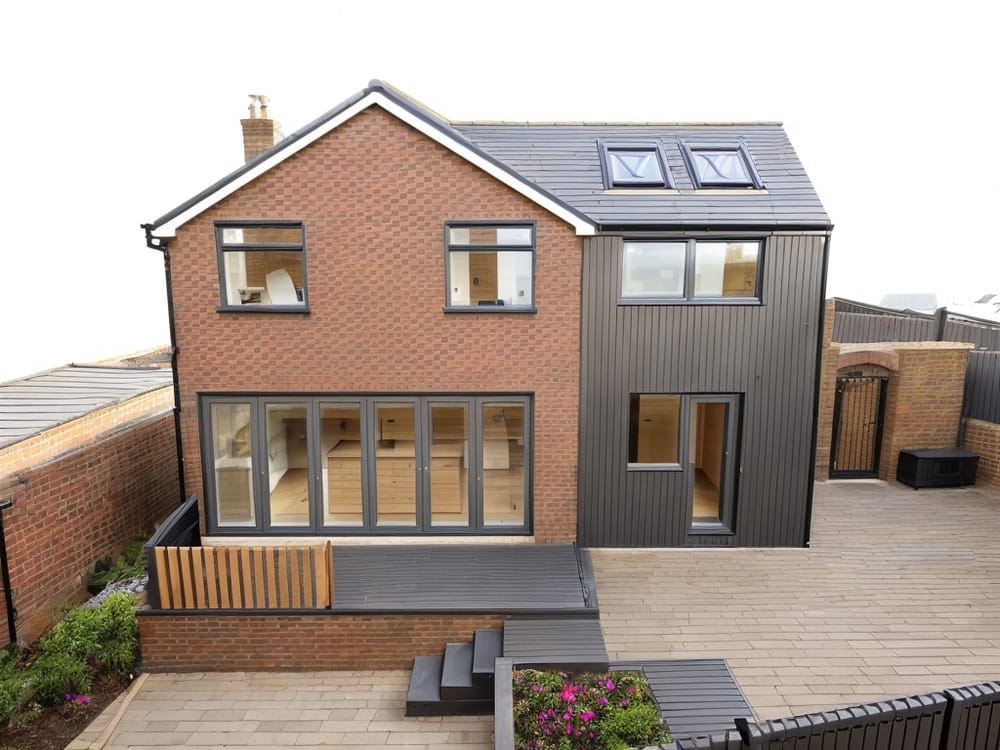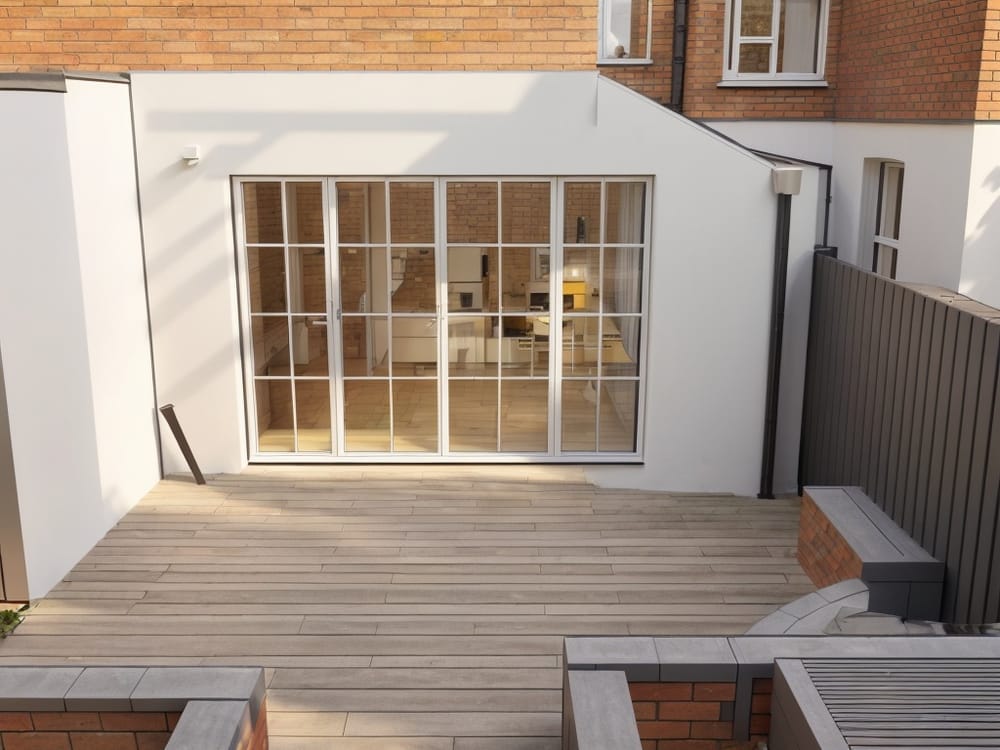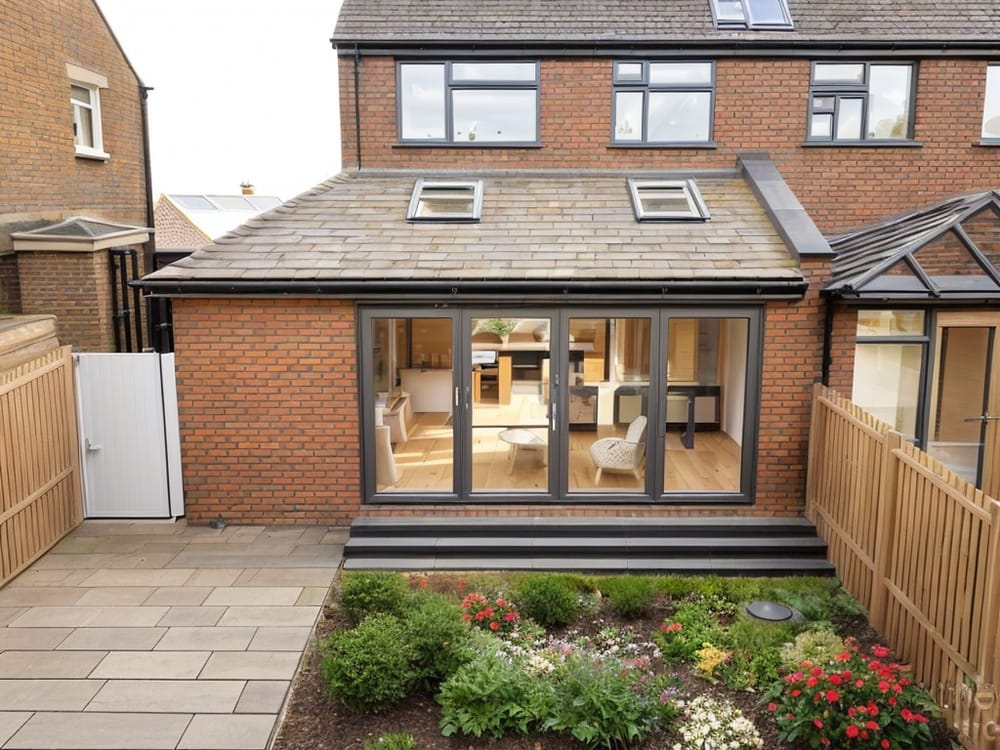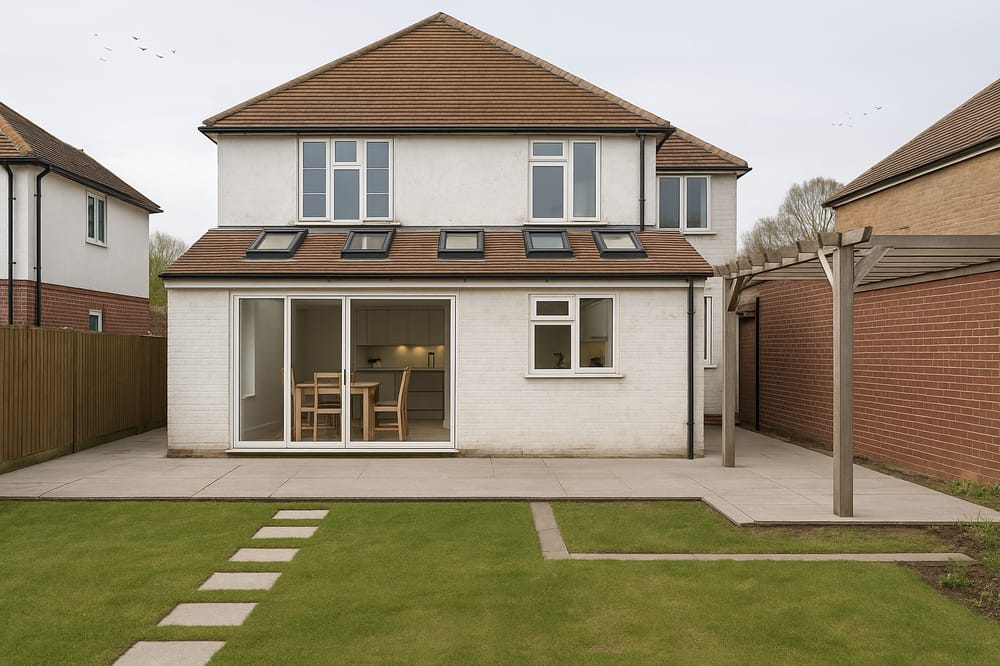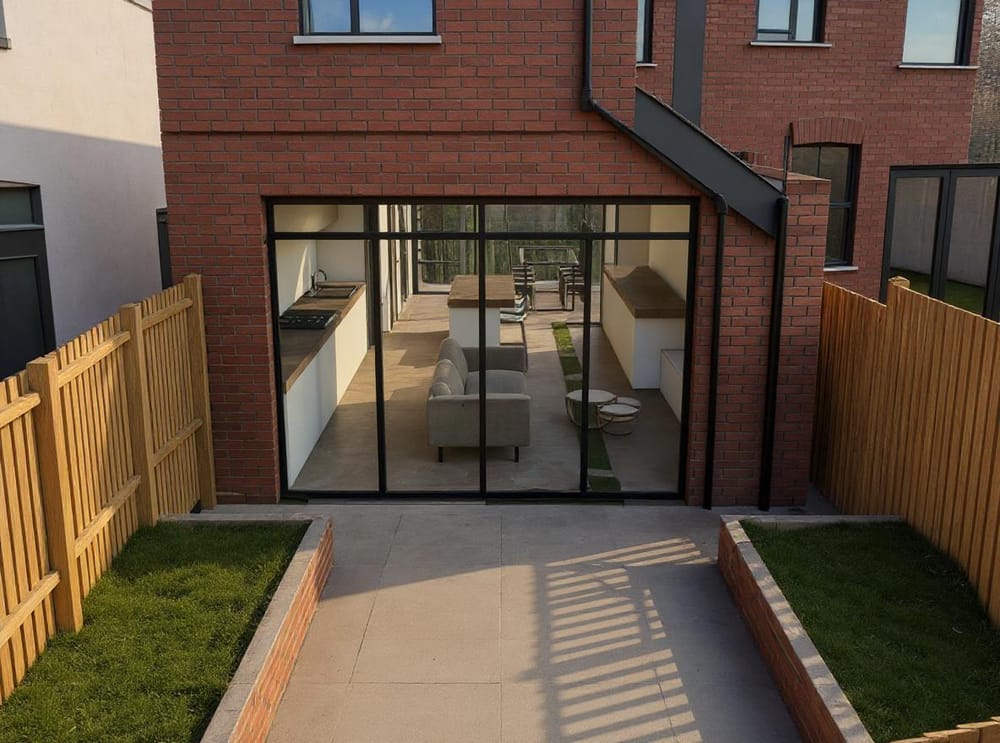Freehold
As freeholder of a property, you own it outright and that includes the land it’s built on. Generally speaking, most houses are freehold, unless you’re using a shared-ownership scheme.
Why a freehold is preferable:
- Easier to get a mortgage than with a leasehold.
- Ownership of your property is indefinite.
- You don’t have to report to a landlord.
- There’s no ground rent.
- You’re in control of the services to the building you pay for.
Leasehold
When you buy a property with a leasehold, you only own it for the length of the agreed lease, which has been decided by the freeholder. Most flats and maisonettes are owned through a leasehold, especially in London. The main exception is in Scotland, where there aren’t many leasehold properties in general.
With flats and maisonettes, your lease will cover your property but not the building your flat resides in. This means you’ll have to pay service charges for the things like hallway maintenance, or garden upkeep.
What to bear in mind when buying a leasehold:
- How many years are left on the lease, renewing can be expensive and you’ll struggle to get a mortgage on any lease with less than 70 years left.
- Make sure your budget can handle the maintenance costs you’ll pay to the freeholder, also known as the landlord.
- You may also be asked to pay into a sinking fund, whereby everyone contributes to a pot of money in case any unexpected costs arise in maintenance.
- Resale. Even if you secure a mortgage now, depending when you sell, you’ll again have trouble if the lease has less than 70 years to go.
How to extend the lease
You can ask the freeholder to extend the lease at any time.
However, in some cases its better to wait until you’ve owned your home for two years, as this means you’ll have the right to extend your lease by 90 years. You’ll have to first be a qualifying tenant, but in most cases, if the original lease was for more than 21 years, you’ll be fine.
The freeholder will be the one who extends the lease, as such, they will also set the price. If you’re unable to come to a fair and agreeable arrangement with the freeholder, you can appeal to the Leasehold Valuation Tribunal.
If it comes to legal action, you’ll have to hire a solicitor to manage your case. You may also need a surveyor. All these professionals cost money, so that’s another thing to bear in mind for your budget.
What a freeholder must do for a leaseholder
You’re not powerless as a leaseholder. A landlord / freeholder must:
- Give a report when asked on maintenance costs.
- Show how prices and services have been decided on.
- Provide receipts of any work carried out.
- Consult you on any building work that costs over £250.
- Ask before starting any work that’ll last over a year.
- Consult on any work that will cost you over £100 a year.
If you’re unhappy with the way your building is being managed, there are a couple of options to take.
Appoint a new manager: you’ll have to first apply to make this change, and when you do, you’ll have to have proof of bad practise.
Take over the management: known as ‘Right to Manage’, the leaseholders set up their own management company and take ownership of certain building services. A good option if you’re unable to prove your freeholder is mismanaging your building.
Looking to expand you're home but not sure if your leasehold will prevent you? Book in a free consultation call with our team, our experts are always on hand to help you explore your home's potential.


